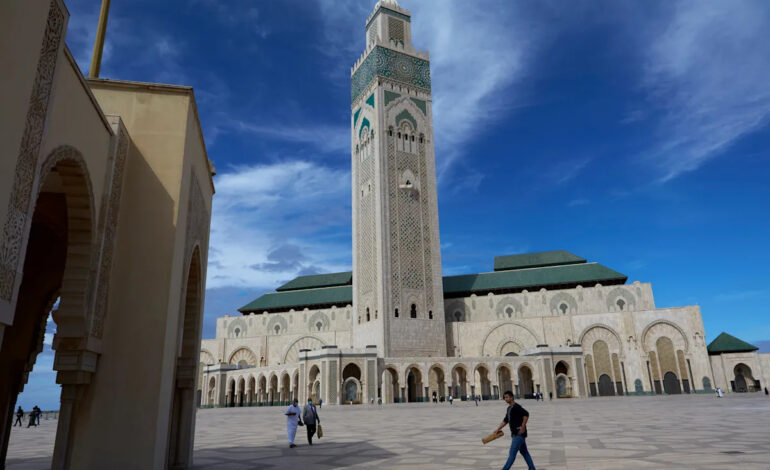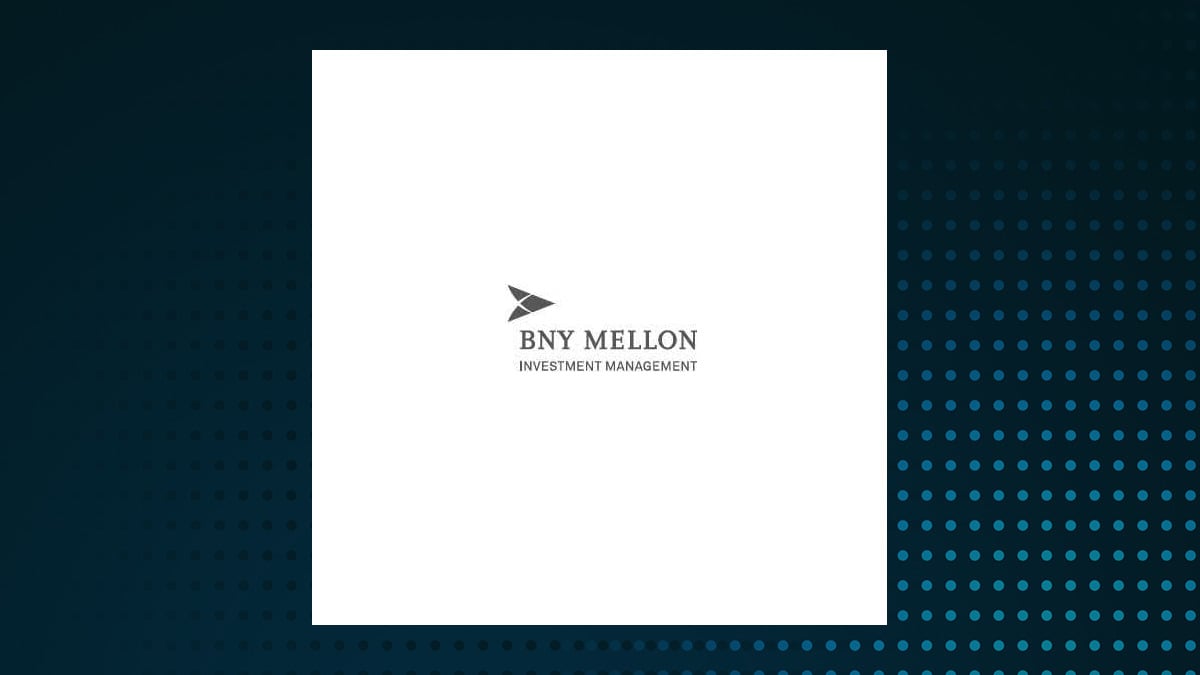Moroccan Sermons Encourage Youth Engagement After Protests

Worshippers in mosques across Morocco heard government-sanctioned sermons on March 3, 2023, encouraging youth participation in public affairs. This initiative follows a recent wave of protests demanding improved social and economic conditions, particularly from younger generations. The movement, known as Gen Z 212, has sparked unprecedented calls for change, prompting officials to respond with messages aimed at fostering civic engagement among the youth.
In a mosque in the capital city of Rabat, an imam spoke to hundreds of attendees, urging them to take an active role in their nation. He emphasized the importance of raising children who can contribute positively to society, stating, “One of the most important things we should care about is raising children to participate in the managing of public affairs.” His words echoed a broader governmental strategy to address the grievances expressed by demonstrators while promoting national service and civic duty.
The sermons delivered in over 53,000 mosques are part of a standardized approach by the Moroccan government, which dictates sermon content to prevent extremist rhetoric. Critics argue that this method transforms religious teachings into state propaganda, a sentiment echoed by many observers who see a connection between the sermons and recent protests. The protests erupted in response to perceived government neglect, particularly regarding spending on public services versus investments in sports infrastructure for the upcoming 2030 World Cup.
In light of these protests, government officials have initiated dialogue with young activists, urging them to engage with institutions and participate in political discussions. Following a Cabinet meeting chaired by King Mohammed VI, new measures were announced to enhance youth political participation, including a draft bill that aims to simplify election candidacy requirements for individuals under 35. The government plans to cover 75% of campaign fees for these candidates, a significant move to encourage younger voices in politics.
The 2026 budget draft also aims to address public concerns, allocating a record $15 billion (140 billion dirhams) to health and education. This budget promises to create 27,000 jobs in these sectors, enhance the quality of healthcare, and improve educational facilities. The imam’s sermon included references to historical examples of how earlier generations involved their children in discussions about governance, further reinforcing the government’s call for civic involvement.
Despite these efforts, the Moroccan Association of Human Rights reported that over 1,500 individuals are facing prosecution related to the protests. In a notable case, an appeals court in Agadir sentenced 33 defendants to a combined total of 260 years in prison for vandalism linked to the demonstrations. The imams, as government employees, are expected to adhere strictly to the approved sermon topics, which often sidestep direct mentions of ongoing protests or related violence.
Soufiane, an 18-year-old college student attending a weekend protest in Casablanca, expressed skepticism about the sermons’ true intent. “I sincerely hope the real purpose behind these sermons is to support young people’s participation in public affairs, not to guide or restrict them,” he stated, emphasizing the need for genuine action to accompany these calls for civic engagement.
As the weekend of protests unfolded, attendance was notably lower than anticipated, with only a handful of participants appearing in Casablanca. This decline in turnout prompts questions about the effectiveness of the government’s messaging and the actual engagement of youth in political processes.
Dr. Driss El Ganbouri, a researcher specializing in religious affairs, commented on the dual discourse adopted by the state, which intertwines religious teachings with official policies. He noted that many citizens feel sermons do not reflect the current political and social realities in Morocco. Preachers who deviate from the state’s prescribed messages risk facing severe consequences, including dismissal.
As Morocco navigates this complex landscape of youth activism and state response, the government’s focus on encouraging civic engagement through religious channels reflects a broader strategy to stabilize societal tensions while attempting to address the underlying issues that have led to recent unrest.






